The bustling commercial streets around one of the world’s largest electronics markets belie a secret inside its malls that illustrates how fast tariffs have hit China’s semiconductor traders.
Outside, with swarms of pedestrians and scattered workers carrying black plastic bags and pushing carts stacked with boxes through Huaqiangbei - a subdistrict under the southern tech hub of Shenzhen – it would almost seem like the tariff war has had little impact on the area’s day-to-day operations as goods are prepared for shipping across the country and beyond.
But heading inside, a chill can be felt - especially in the chip section - with little to no foot-traffic.
“Orders have plunged since last week,” said a chip distributor who spoke on condition of anonymity. “We’ve had almost no orders in recent days due to the price increase.”
The price of a single central processing unit (CPU) - the brain of a computer - from Intel or AMD, the most common chips on the market, has increased by 10 to 40 per cent, the distributor told the Post.
Most of the chips circulating in Huaqiangbei appear to be sourced from the US and mainly serve domestic buyers. They are immediate victims of the US-China trade war - the first to feel the supply-chain pinch from tariff hikes.
After a series of back-and-forth tariff salvoes, as it stood on Tuesday, US President Donald Trump had imposed a 125 per cent duty on Chinese imports since April, on top of 20 per cent imposed earlier this year, bringing the effective cumulative rate to about 156 per cent.
And with its swift retaliation, Beijing’s new levies on US goods have risen to 125 per cent, also on top of previous tariffs.
“If prices keep rising over the next couple of days, we’re planning to close our doors and take a break. We’ll reopen once there are changes in policies, tariffs ... or something else,” the distributor said.
“There’s no point in working right now - we’re not making any money, and staying open only adds to our expenses.”
According to Liu Chunying, the owner of a semiconductor distribution company, some suppliers of US chips suddenly stopped quoting prices and shipping on Friday afternoon - the same day China announced its latest tariff retaliation.
A veteran chipmaker, who only gave his surname as Zheng, mainly exports mid- to low-end chips, and he said his customers in Southeast Asia have become increasingly cautious.
“Business has been tough in recent years due to market saturation, and Trump is making everything worse,” he said.
Zheng used to hire helpers to pack chips every day, but now he manages it on his own due to a sharp decline in orders. In his shop, 100 small boxes, stacked high on his desk, represented the fruit of his labour - all chips ready to be shipped.
“No matter how arbitrary the tariffs may seem, you can’t avoid them - they just happen. So, my attitude now is to do business if there are orders; if not, there’s nothing I can do,” he lamented.
Following a temporary tariff exemption by the US on electronic products, including semiconductor devices, at the weekend, Trump on Sunday threatened "semiconductor tariffs", and more details are expected to be revealed this week.
The China Semiconductor Industry Association announced last week that chips produced by US-based companies, but manufactured outside the US, would be exempt from retaliatory tariffs.
This article was first published on SCMP.
Source: South China Morning Post/ec

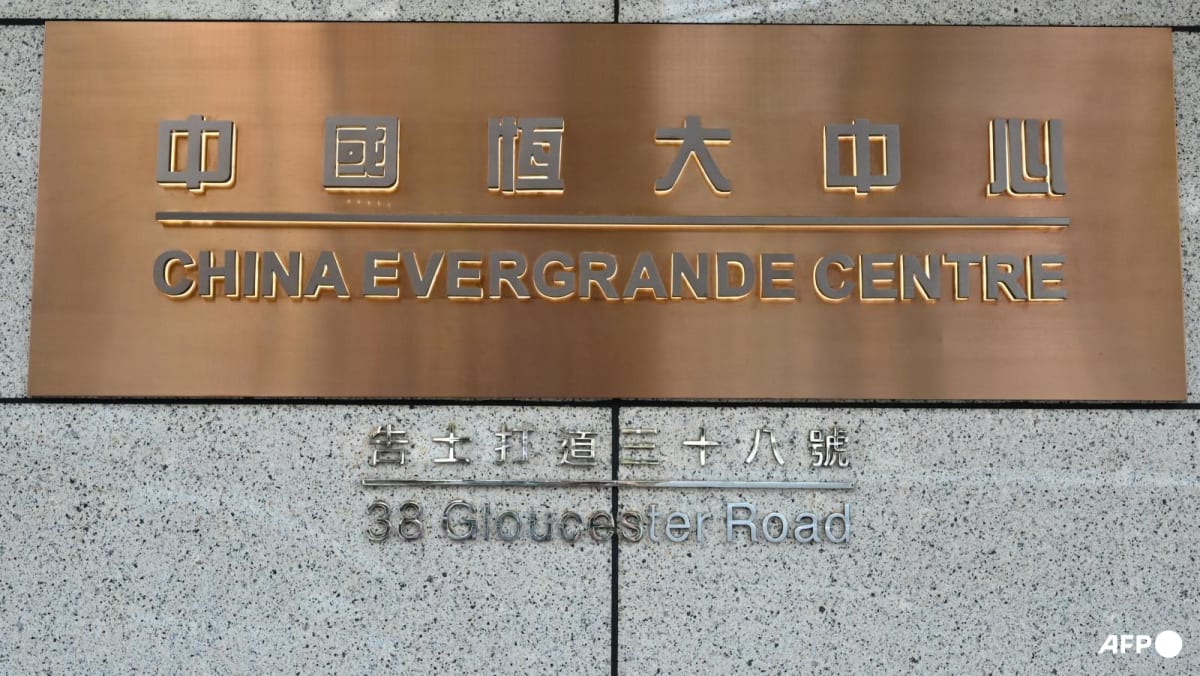

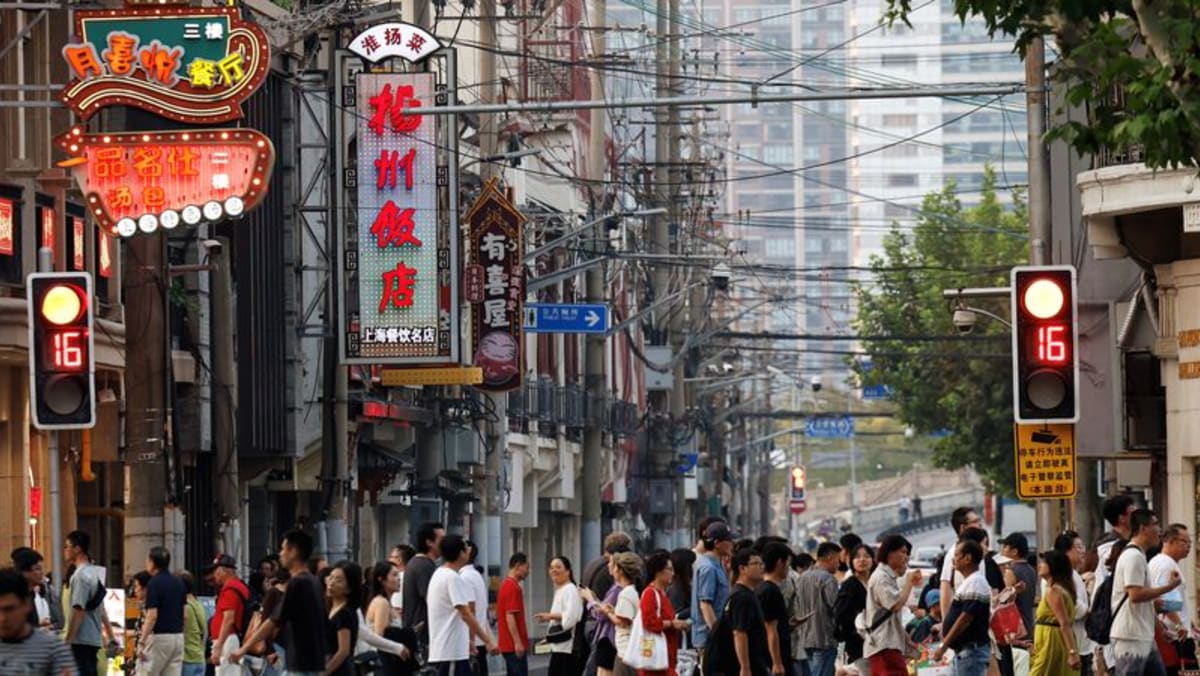
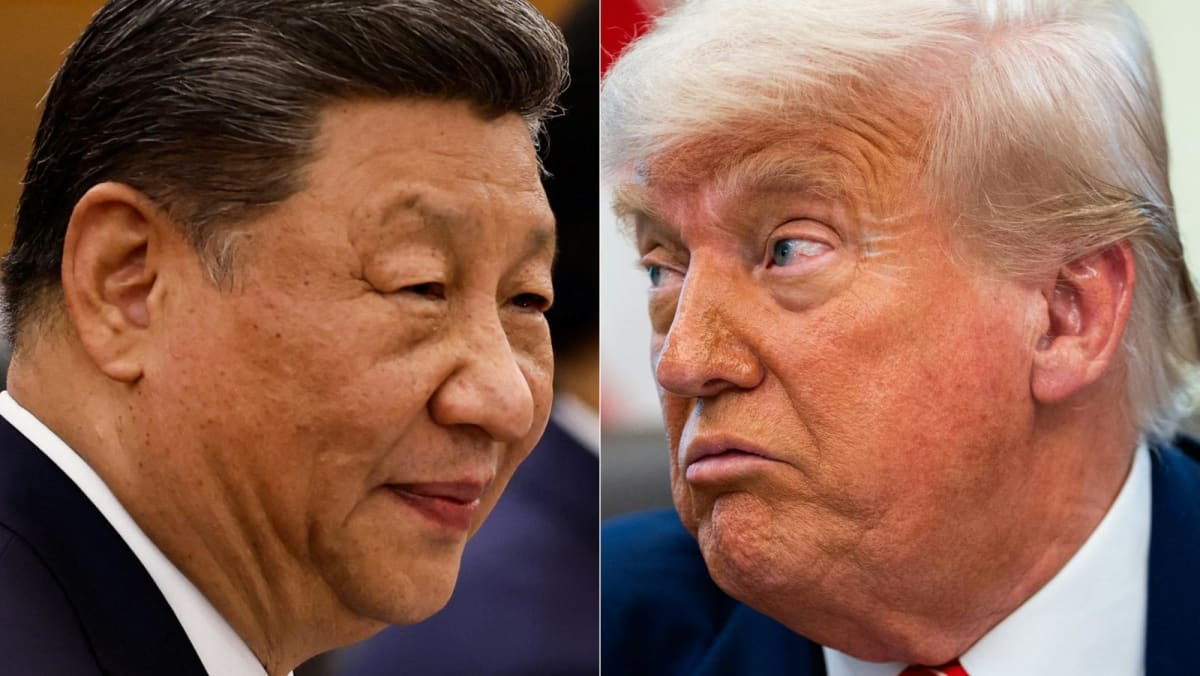


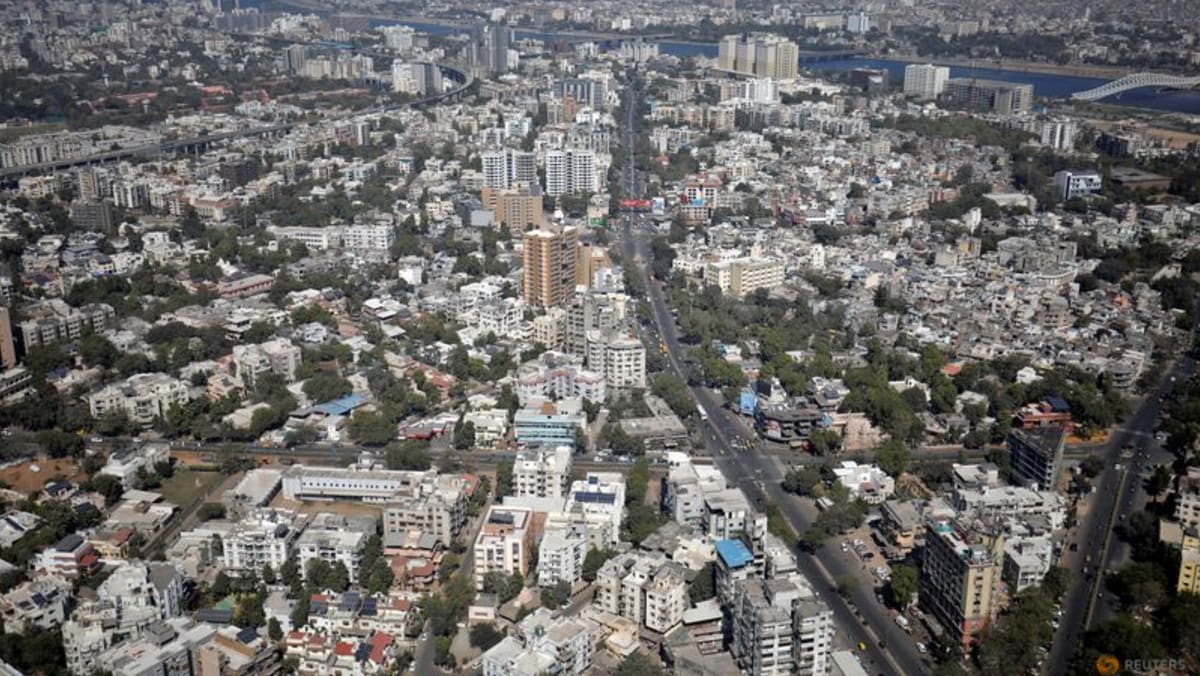

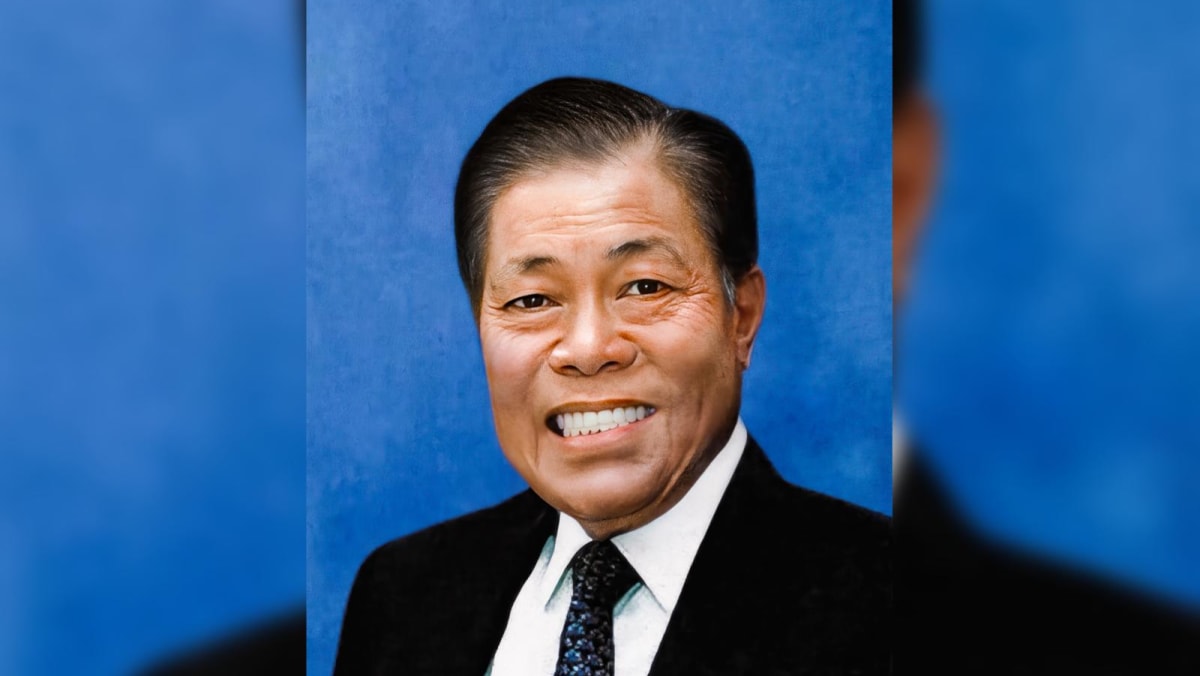

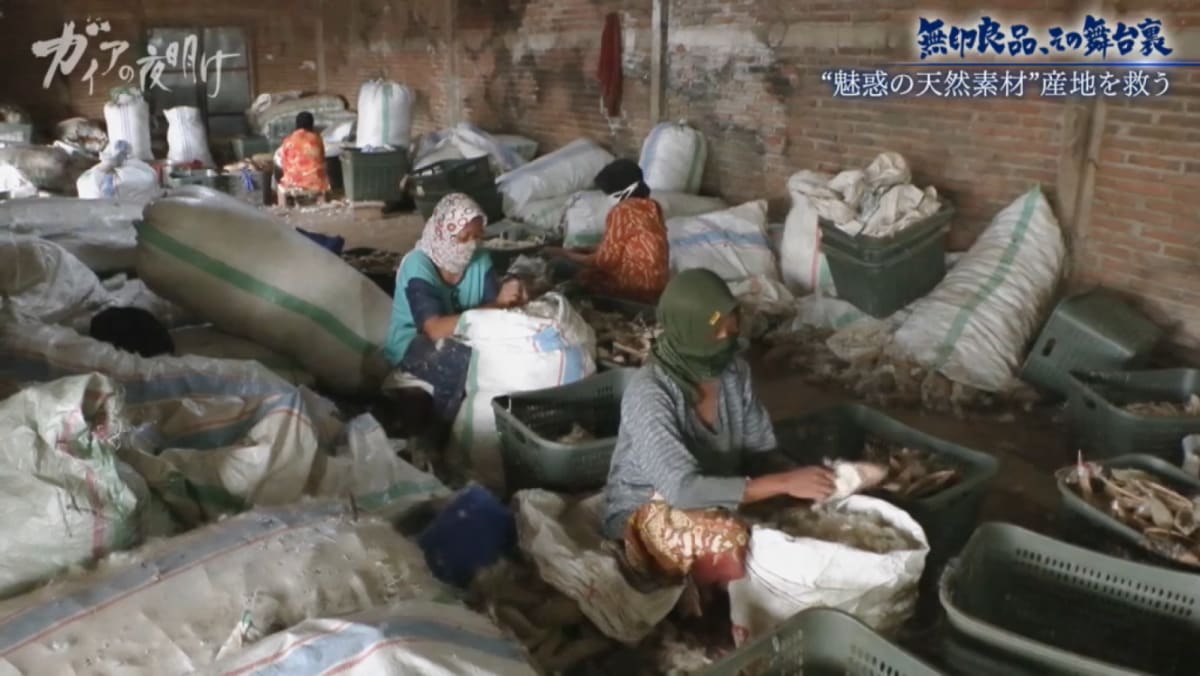

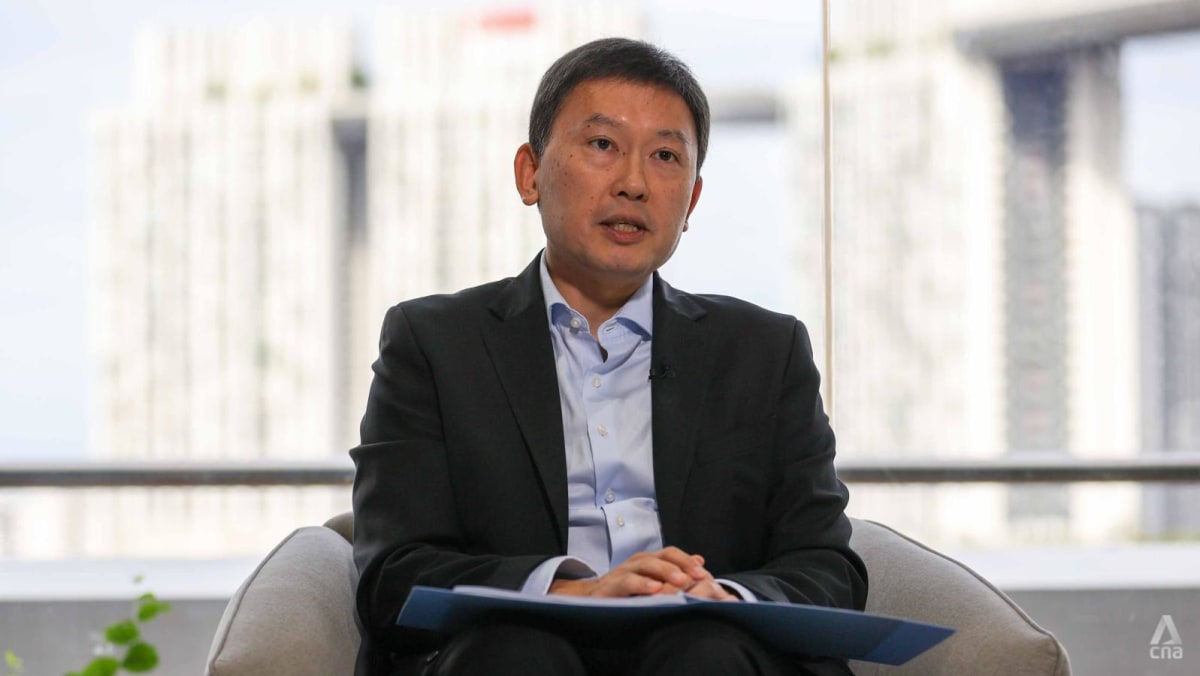
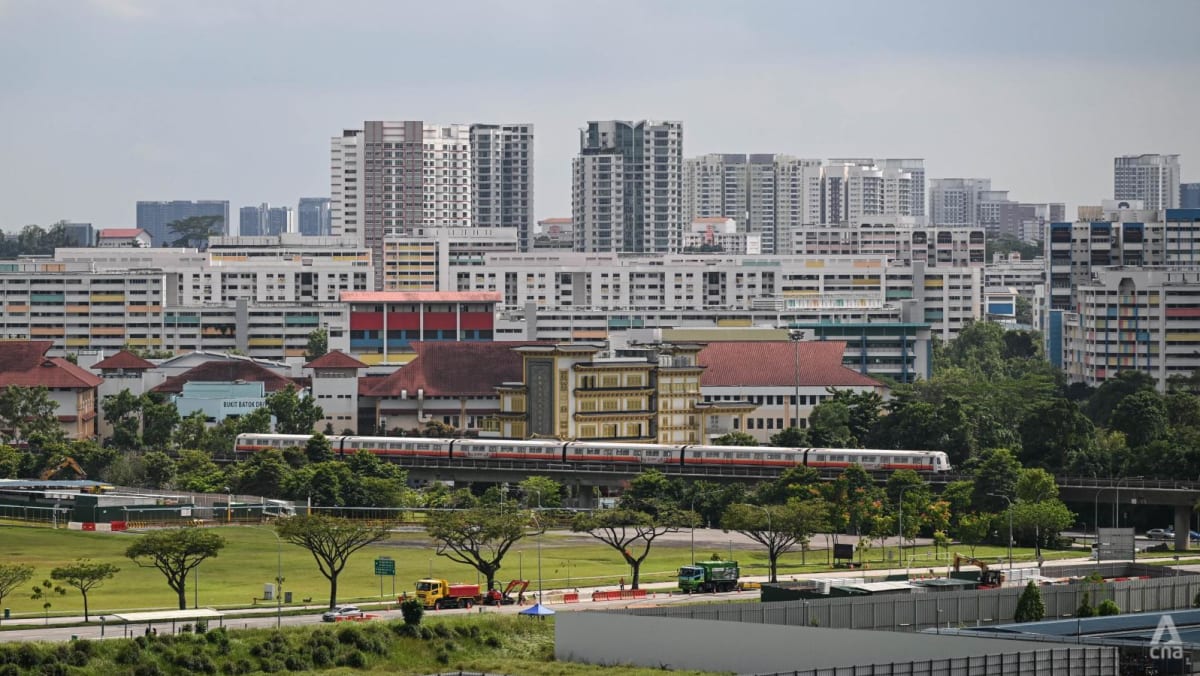






























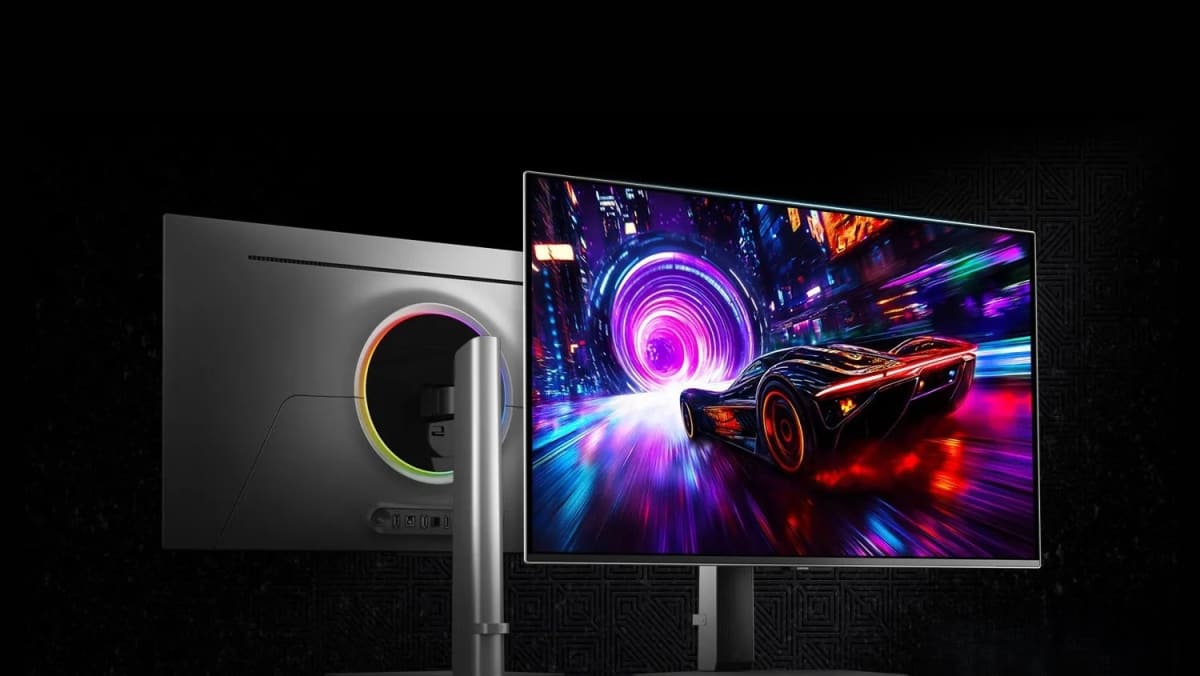

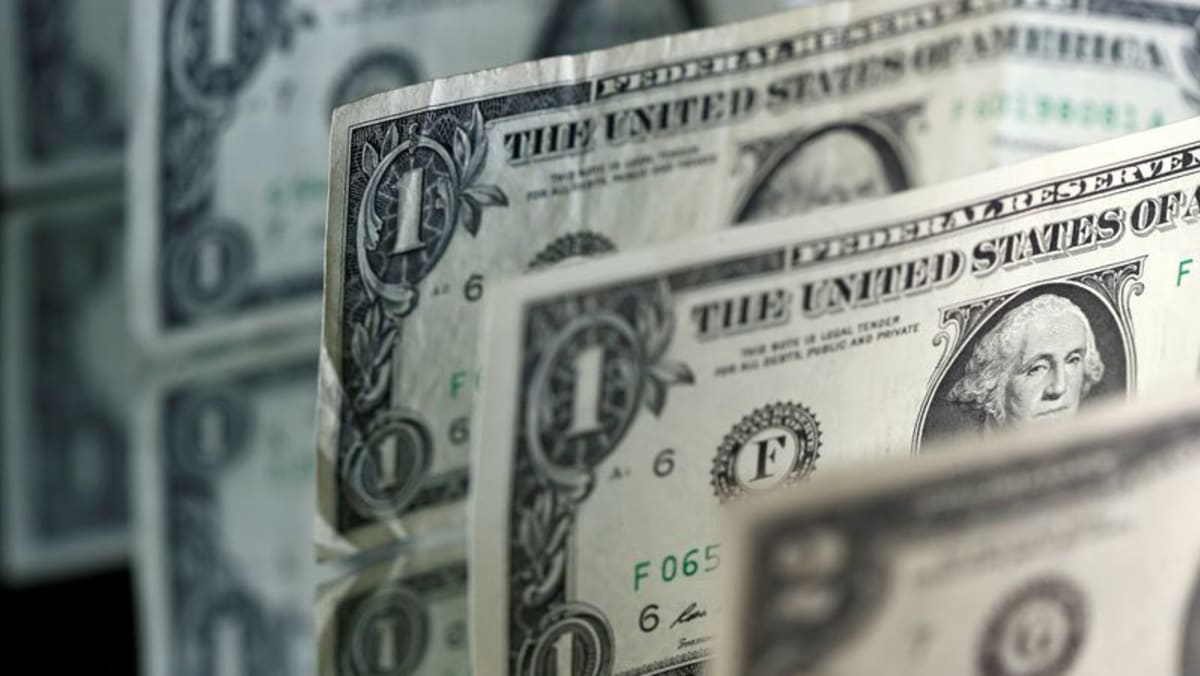
.png?itok=erLSagvf)

